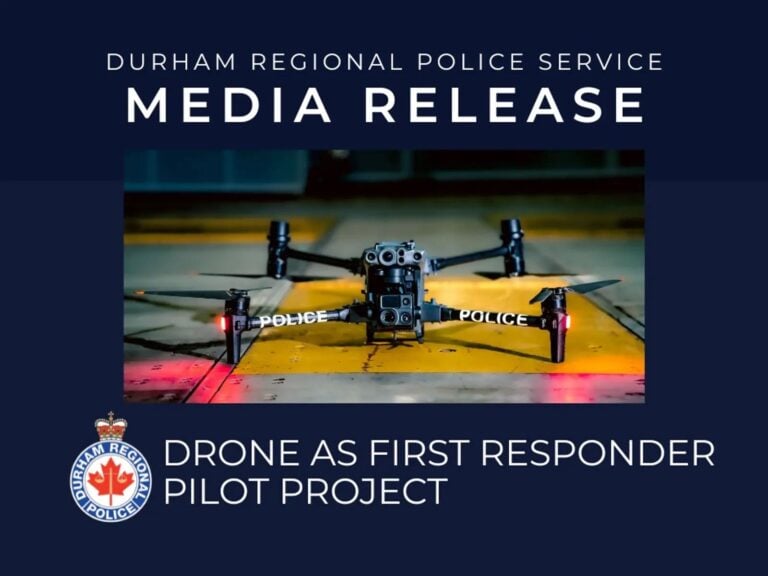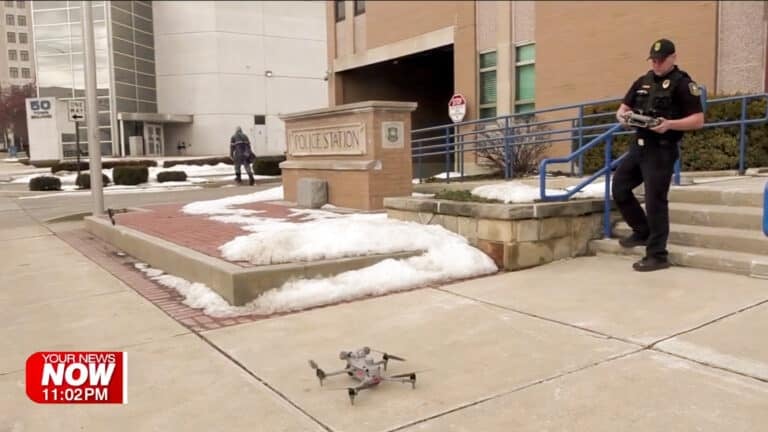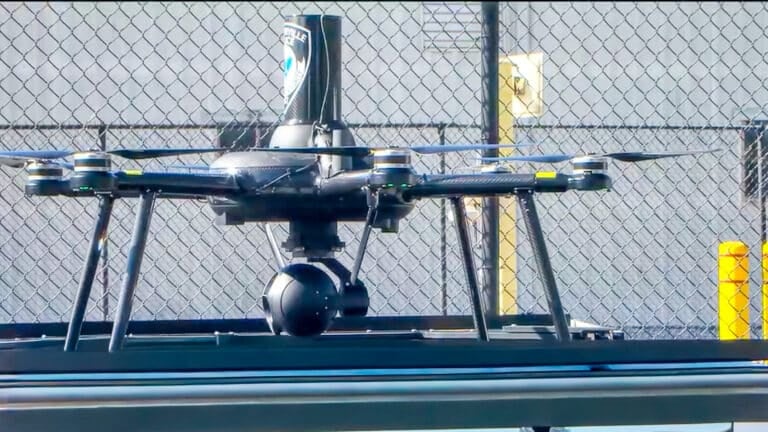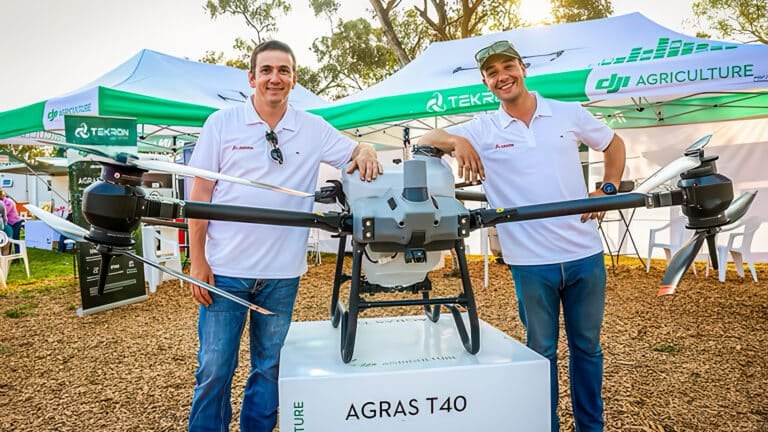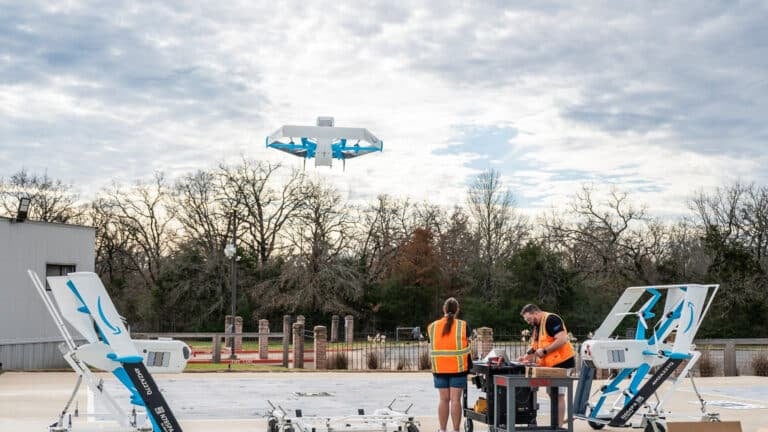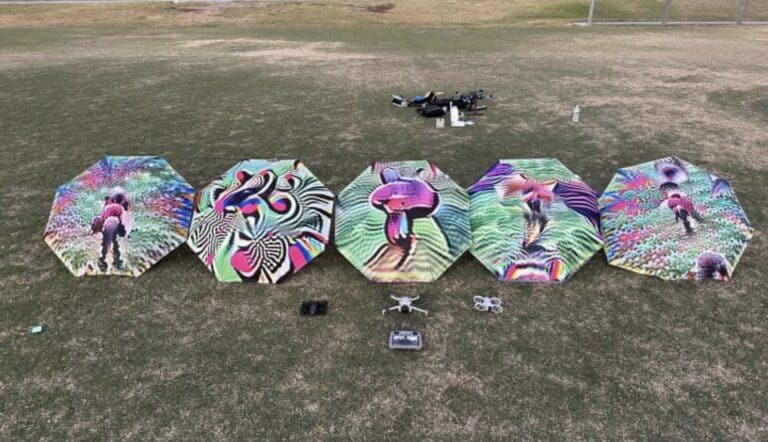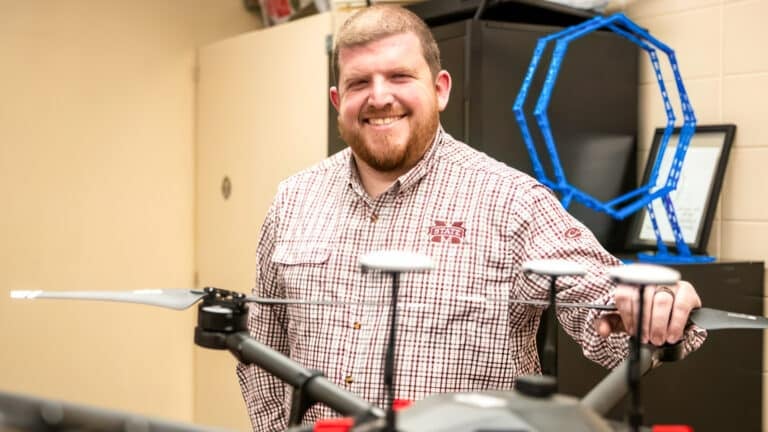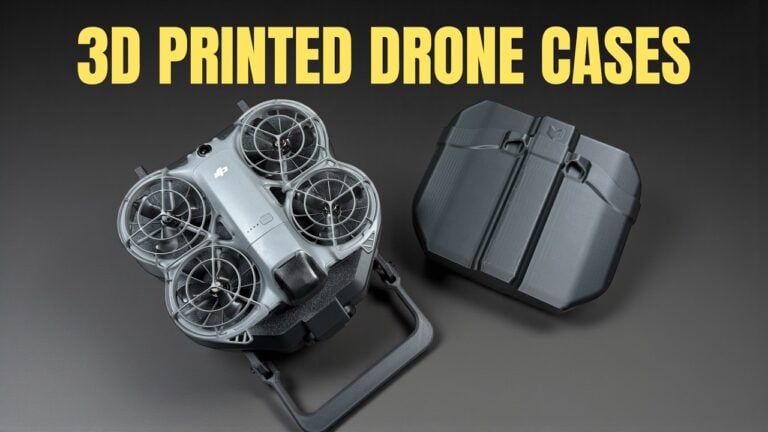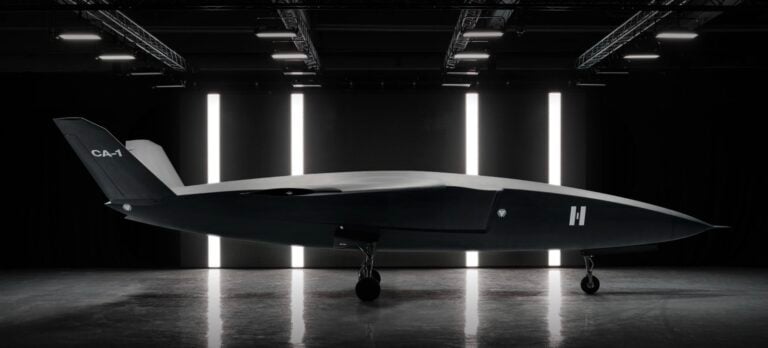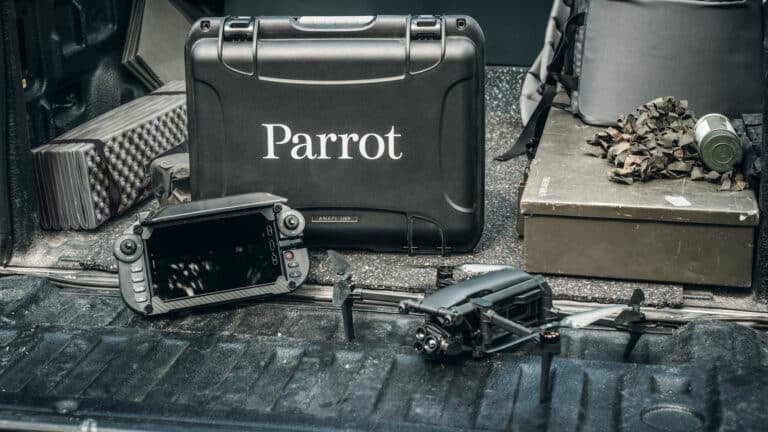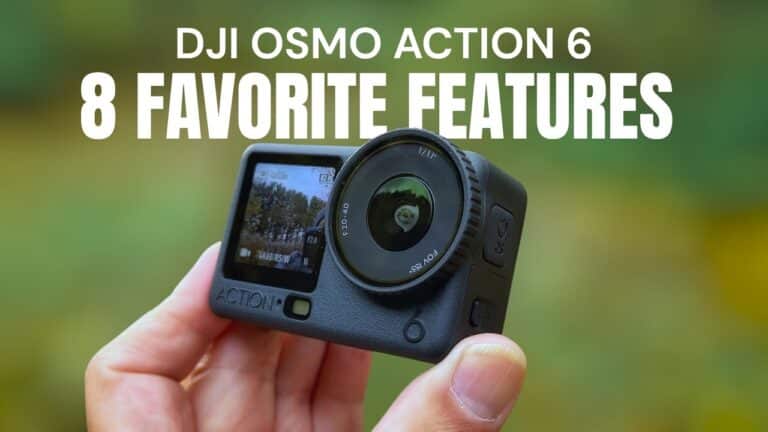L3Harris and Joby Aviation Team Up for Military-Grade eVTOL Development
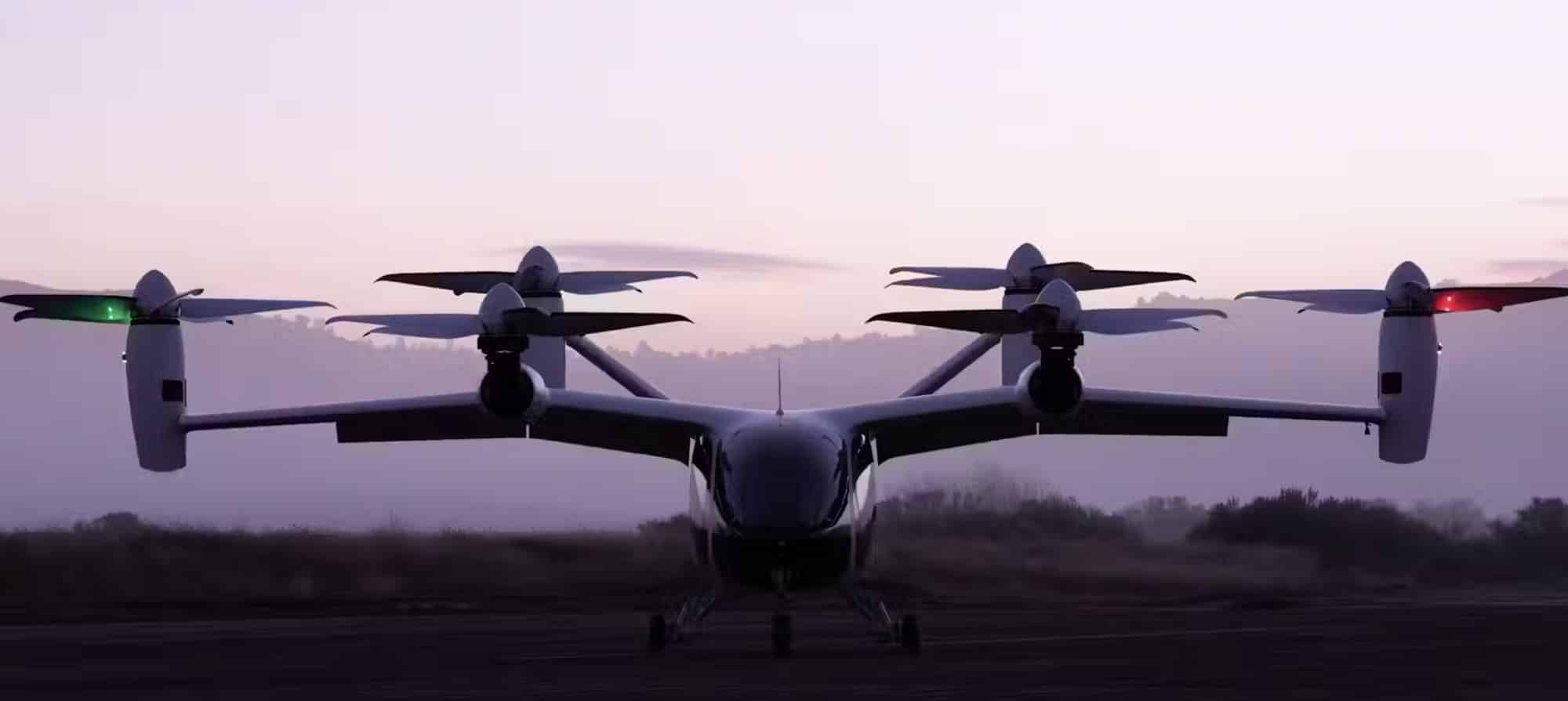
Check out the Best Deals on Amazon for DJI Drones today!
L3Harris Technologies Inc. has joined forces with air taxi developer Joby Aviation to create a new military variant of electric vertical takeoff and landing (eVTOL) aircraft, with flight tests slated for later this year, reports Bloomberg. This partnership highlights a growing trend where commercial eVTOL innovators adapt their technology for defense purposes, potentially accelerating unmanned aerial solutions for low-altitude missions.
Partnership Aims at Defense Innovation
The agreement focuses on transforming Joby’s commercial eVTOL design into a military-grade version. These gas-electric hybrid aircraft target low-altitude operations and can fly with or without a pilot on board. L3Harris, a major defense contractor, and Joby announced the joint effort in a statement, emphasizing the need for rapid advancements in vertical takeoff and landing (VTOL) capabilities for defensive applications.
This move follows a similar path taken by Joby’s rival, Archer Aviation Inc., which partnered with Anduril Industries Inc. in December to develop a hybrid military aircraft. Such alliances signal a shift in the aerospace sector, where startups leverage their agile development processes to meet urgent military demands. By combining Joby’s eVTOL expertise with L3Harris’ integrated mission systems, the project could enhance operational flexibility in scenarios requiring quick deployment and minimal infrastructure.
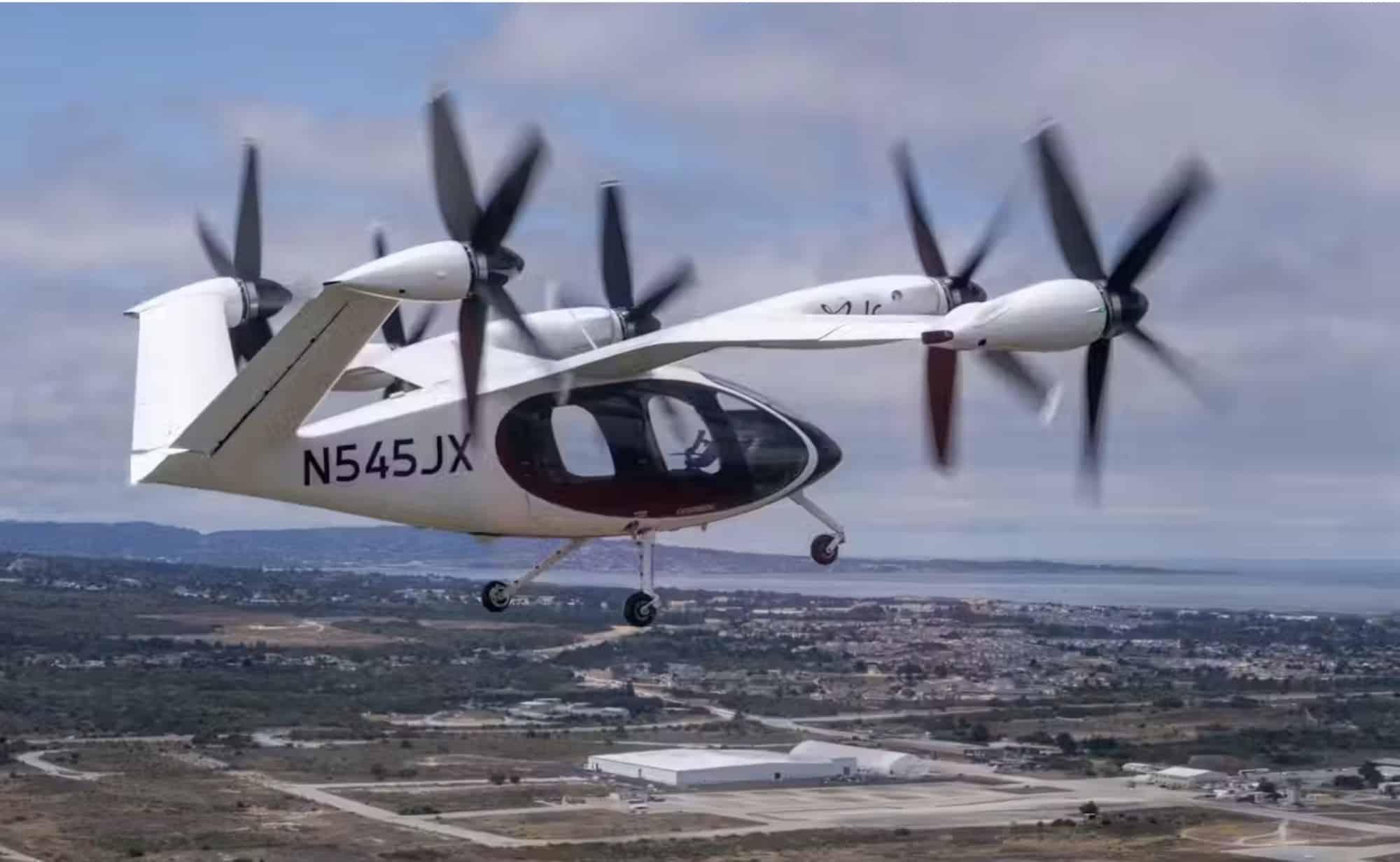
Key Technical Features and Testing Timeline
Joby’s aircraft, originally designed for short commuter journeys via battery-powered air taxis, now adapt for military use. The hybrid power system blends gas and electric propulsion, offering extended range compared to fully electric models while maintaining vertical takeoff efficiency. This design supports pilotless flights, which could reduce risks in hazardous environments and lower training costs for operators.
The companies plan to conduct flight testing as early as later this year, with operational demonstrations targeted for government exercises in 2025. This timeline underscores the emphasis on speed, as defense needs often outpace traditional development cycles. Building on that, the aircraft’s low-altitude focus suits missions like surveillance or logistics in contested areas, where conventional helicopters might face limitations.
Leadership Perspectives on the Collaboration
Executives from both firms expressed optimism about the partnership’s potential.
“We share a vision with Joby to deliver urgently-required innovation by missionizing VTOL aircraft for defense needs,” said Jon Rambeau, L3Harris’ president of integrated mission systems, in the statement.
JoeBen Bevirt, Joby’s chief executive officer, added, “Our country depends on companies like ours moving at pace, and we have the team, the technology and the platform to do just that.”
These statements reflect a shared commitment to innovation, yet they also raise questions about balancing commercial certification timelines with military adaptations. Joby, backed by Toyota Motor Corp., remains on track for civilian operations, but defense integrations could introduce new regulatory hurdles.
Joby’s Broader Progress and Industry Context
Santa Cruz, California-based Joby continues advancing its commercial goals amid this military pivot. The company expects to have five aircraft in the final certification phases next year, aiming for commercial flights to begin in early 2026. Last month, Joby announced plans to double production capacity at its Marina, California plant, enabling up to 24 aircraft per year.
This expansion positions Joby as a leader among eVTOL startups, where competition intensifies. The defense partnership with L3Harris could provide additional funding and technical validation, benefiting both military and civilian applications. However, it also highlights regulatory implications, as eVTOLs must navigate Federal Aviation Administration (FAA) approvals for commercial use while meeting stringent military standards.
Economically, such collaborations could drive job growth in aerospace manufacturing and spur investments in hybrid propulsion technologies. For drone professionals and recreational pilots, this development suggests future accessibility to advanced VTOL systems, potentially influencing training and operational practices in the sector.
Overall, the L3Harris-Joby initiative exemplifies how eVTOL technology bridges commercial mobility and defense, fostering innovations that address diverse needs without compromising on safety or efficiency. As testing progresses, stakeholders will watch closely for outcomes that could reshape aerial operations.
Photos courtesy of Joby Aviation
Discover more from DroneXL.co
Subscribe to get the latest posts sent to your email.
Check out our Classic Line of T-Shirts, Polos, Hoodies and more in our new store today!

MAKE YOUR VOICE HEARD
Proposed legislation threatens your ability to use drones for fun, work, and safety. The Drone Advocacy Alliance is fighting to ensure your voice is heard in these critical policy discussions.Join us and tell your elected officials to protect your right to fly.
Get your Part 107 Certificate
Pass the Part 107 test and take to the skies with the Pilot Institute. We have helped thousands of people become airplane and commercial drone pilots. Our courses are designed by industry experts to help you pass FAA tests and achieve your dreams.

Copyright © DroneXL.co 2026. All rights reserved. The content, images, and intellectual property on this website are protected by copyright law. Reproduction or distribution of any material without prior written permission from DroneXL.co is strictly prohibited. For permissions and inquiries, please contact us first. DroneXL.co is a proud partner of the Drone Advocacy Alliance. Be sure to check out DroneXL's sister site, EVXL.co, for all the latest news on electric vehicles.
FTC: DroneXL.co is an Amazon Associate and uses affiliate links that can generate income from qualifying purchases. We do not sell, share, rent out, or spam your email.




